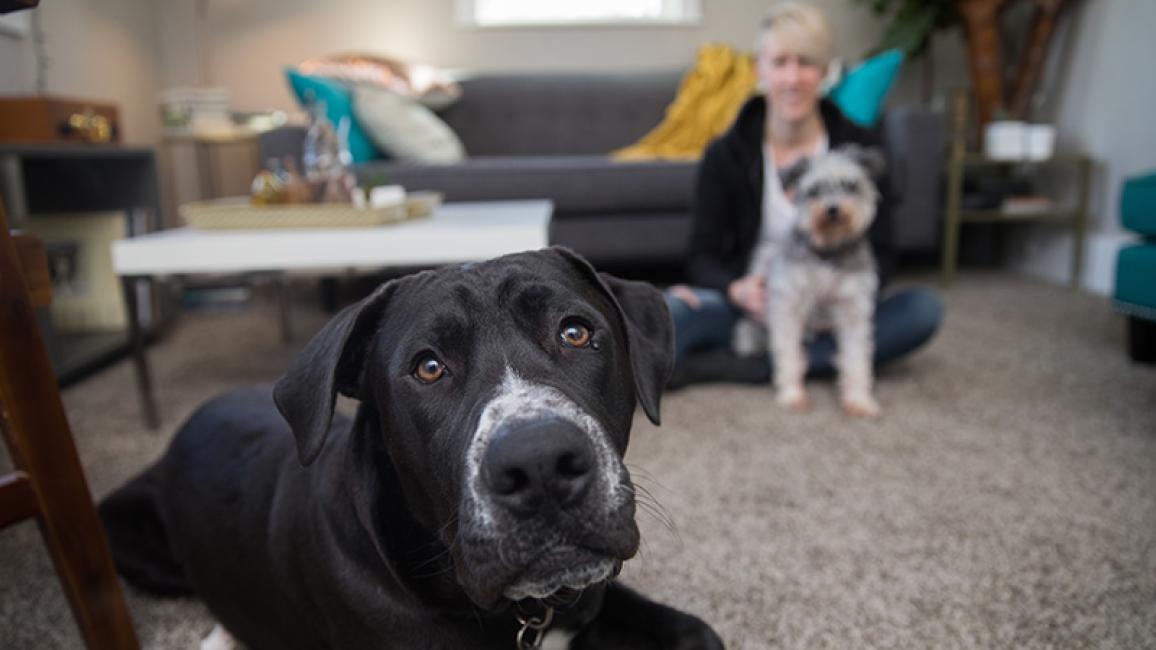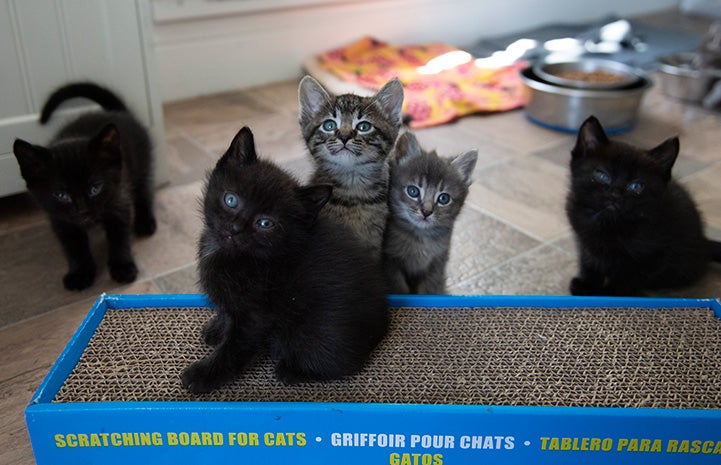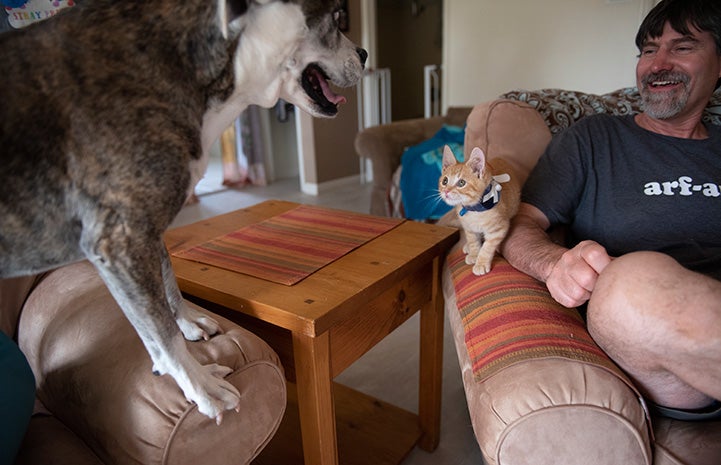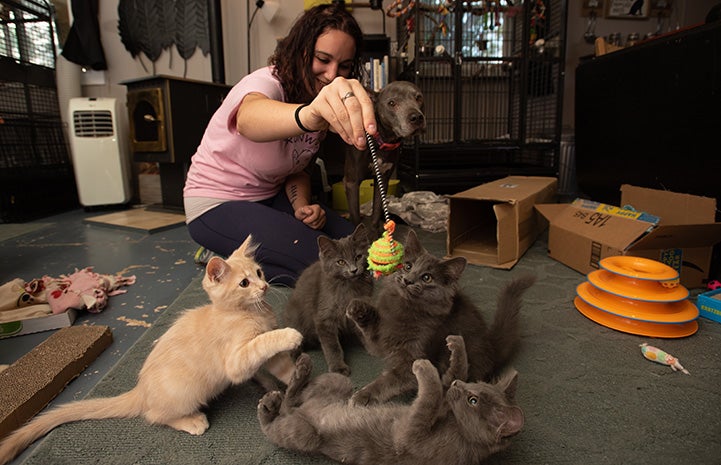When new data revealed more than 17,000 unnecessary pet deaths in Illinois, the governor did something about it

Animal advocates are cheering the fact that Illinois Gov. J. B. Pritzker has signed Senate Bill 61, creating a new law that makes lifesaving changes to the state’s pet foster and trap-neuter-return (TNR) programs.
The bill, sponsored by Illinois State Sen. Linda Holmes and supported in the House by State Rep. Stephanie Kifowit, was spearheaded and supported by Best Friends and the Illinois Department of Agriculture.

How data drives statewide change
As announced on the Best Friends community lifesaving dashboard released last month at the Best Friends National Conference in Dallas, Texas, more than 17,000 dogs and cats were killed in Illinois shelters last year. SB 61 is an important step in helping to close the lifesaving gap.
Making it easier to foster pets in Illinois
Prior to the bill’s signing, Illinois was the only state requiring a permit and fee for every pet foster care home. The result was that some shelters and rescue groups faced barriers to lifesaving by having to pay more than $2,500 in permit fees for foster homes. The bill erases the requirement for Illinois shelters and rescue organizations to get permits and pay fees in order for pets to go to foster care. The only requirement is a written agreement. The new law also allows homes to foster four pets or two litters under eight weeks of age.
Sen. Holmes says the law brings Illinois animal welfare measures current with the rest of the country. “So many pets find their forever homes through these facilities and fostering arrangements. This legislation can serve to increase the potential for that to happen.”

Rep. Kifowit says the bill reaffirms the state’s commitment to both supporting foster homes and finding loving, permanent homes for pets. “We worked hard to remove barriers from an old system that didn’t work,” she says. “And (we) embraced the system today of caring and loving people who open their homes to animals in order to give them a second chance at life.”
New fees, changes to TNR programs
Since the fees for Department Agriculture Animal Welfare Act licenses had not been raised since 1971, the new measure increases these fees, but also will more than likely help shelters save money, because permits are no longer required.
The law also clarifies elements of TNR programs, which are already allowed by Illinois law. The bill defines the term “return” to make it clear that return-to-field, barn or working cat relocation programs are allowed. Cats must be spayed or neutered and vaccinated before being returned.
Because some trap-neuter-vaccinate-return programs for cats are on in operation on college campuses, this legislation also ensures limited liability for universities or community colleges allowing these programs (usually for pest control).
The bill also requires that all dogs and cats must be sterilized and microchipped before being adopted, unless they are released to an owner or foster home.
SB 61 and similar legislation reinforce the idea that every dog and cat deserves to live, while also doing its part of help bring the nation closer to no-kill by 2025.
Join the Best Friends action network

Photos by Molly Wald and Sarah Ause Kichas